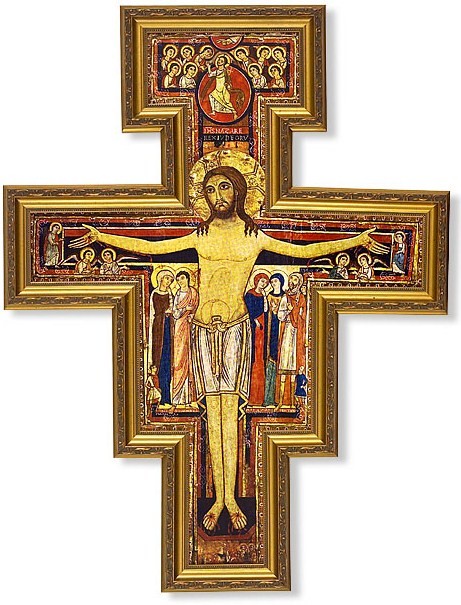The Donatist Controversy
 A few months ago, while browsing through our local library (specifically in the theology section), an elder man happened to approach me to discuss a little about my religious background. As soon as I advised him that I was Catholic, you could easily tell that our discussion began to, ‘pick up.’ Of course, The Pope was brought up, then questions about Mary arose, however, these were nothing new to me. It wasn't until he brought up a concern about the Sacraments, specifically the Eucharist, that I felt unprepared. His concern about the Eucharist wasn’t about transfiguration and the Real Presence, but about those who administer the Sacrament and whether or not a notorious sinner could validly administer the sacraments. This man informed me that, according to scripture, only those that are pure and free from sin are eligible to administer the sacraments, and that all the other sacraments that are being administered by everybody else, are tainted.
A few months ago, while browsing through our local library (specifically in the theology section), an elder man happened to approach me to discuss a little about my religious background. As soon as I advised him that I was Catholic, you could easily tell that our discussion began to, ‘pick up.’ Of course, The Pope was brought up, then questions about Mary arose, however, these were nothing new to me. It wasn't until he brought up a concern about the Sacraments, specifically the Eucharist, that I felt unprepared. His concern about the Eucharist wasn’t about transfiguration and the Real Presence, but about those who administer the Sacrament and whether or not a notorious sinner could validly administer the sacraments. This man informed me that, according to scripture, only those that are pure and free from sin are eligible to administer the sacraments, and that all the other sacraments that are being administered by everybody else, are tainted.
Now I have to be honest, I didn’t have an answer for him that day. In fact, I didn’t have an answer at all until last week. But I did find someone who did have an answer for him. And he happens to be one of my favorite early church fathers, St. Augustine. One of the greatest theologians who ever lived had an answer for him sixteen hundred years ago! This issue was known early in the 3rd Century as Donatism, and Augustine had just a few words to say about it. .
“Augustine saw the danger of elitism in this (Donatism), . . Augustine taught that the church is holy, not because its members are holy but because its founder and its purposes are holy. Sacraments are valid because of their inner purity and sanctity, not because of the sanctity of the Minster. Thus baptism, if administered according to the proper form and intention (however minimal that intention might be), is valid whether the minister is “worthy” or not. Its is not Peter who baptizes, it is Christ. Sacraments, as a result, are available to all, and not merely to an elect group.”
[1] The Catholic Church Through the Ages. John Vidmar, OP. Paulist Press. pg. 69-70









No comments:
Post a Comment